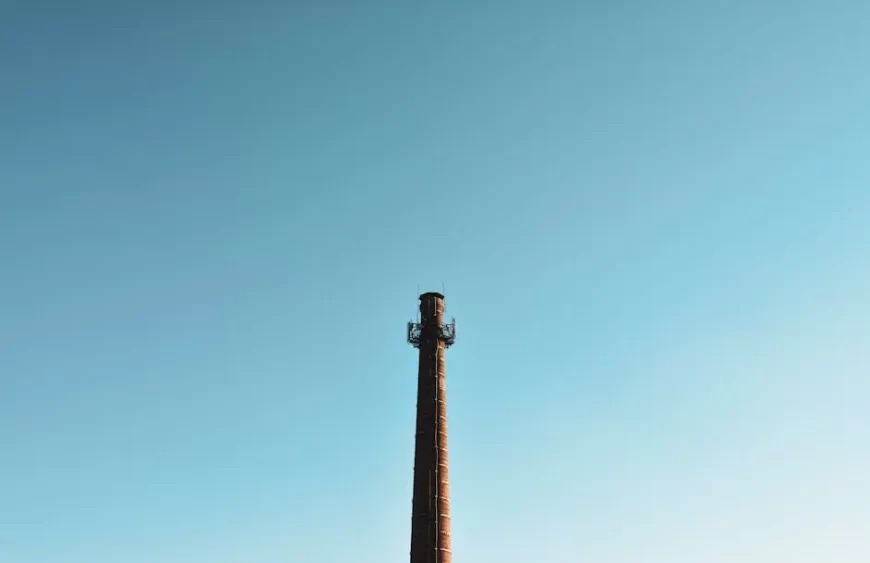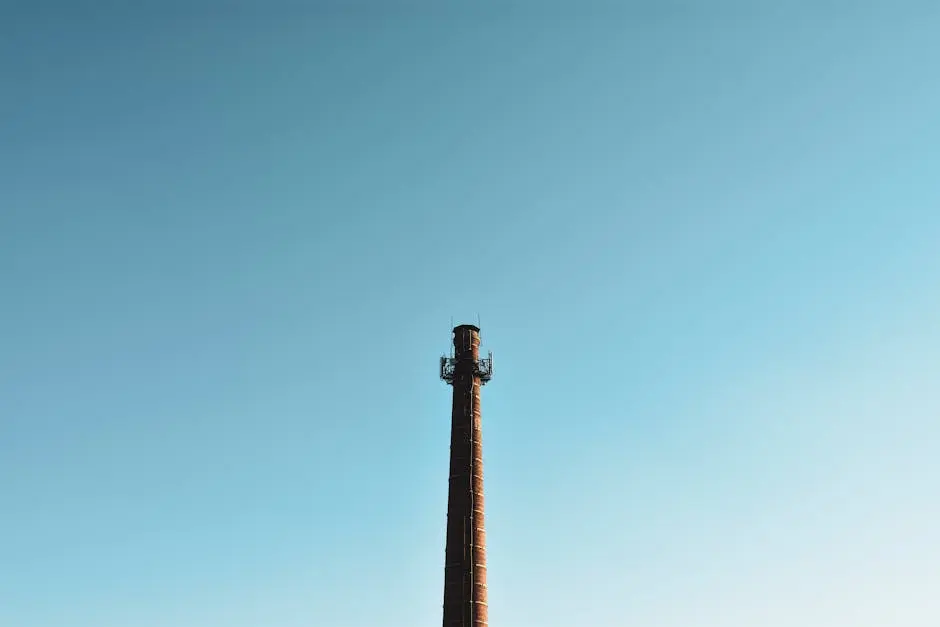Why Is Regular Chimney Sweep and Cleaning Important for Fireplace Safety?
January 10, 2025 2025-01-10 18:52Why Is Regular Chimney Sweep and Cleaning Important for Fireplace Safety?

Why Is Regular Chimney Sweep and Cleaning Important for Fireplace Safety?
Fireplaces bring warmth and charm to our homes, but to keep them safe and functional, regular maintenance is crucial. One of the key aspects of this maintenance is chimney sweeping and cleaning. This FAQ will explore why it’s so important for ensuring fireplace safety and efficiency.
What is Chimney Sweeping and Cleaning?
Chimney sweeping involves removing soot, blockages, and creosote build-up from your chimney. This process ensures that your fireplace smoke escapes efficiently out of your home.
Regular chimney cleaning also involves inspecting the structural components of your fireplace system for any potential damages or inefficiencies. This includes checking the chimney lining, firebox, and dampers to ensure everything is in working order.
A thorough cleaning of your chimney can significantly improve the quality of the air in your home by reducing the pollutants that might re-enter your living space through a blocked or dirty chimney.
Why is Chimney Maintenance Crucial for Safety?
Regular cleaning prevents chimney fires caused by creosote build-up and ensures that the fireplace is venting properly, reducing the risk of carbon monoxide poisoning.
Ignoring chimney maintenance can lead to severe hazards like chimney fires. Creosote, a byproduct of burning wood, can accumulate on chimney walls and ignite if not cleaned regularly, potentially spreading a fire to other areas of your home.
Routine inspections can identify structural damage, such as cracks, that might allow harmful gases like carbon monoxide to leak into the home. A professional cleaning service ensures that your chimney is not only clean but safe for use.
Ensuring proper venting of smoke and byproducts of combustion is crucial for maintaining a healthy home environment. Regular maintenance prevents smoke from backing up into the home, which can lead to health issues and uncomfortable living conditions.
How Often Should You Have Your Chimney Cleaned?
Professional recommendations suggest an annual sweep and inspection just before the burning season to ensure everything is in excellent working order.
The frequency of cleaning can depend on how often you use your fireplace. If your fireplace is a main source of heat, more frequent sweeps might be necessary to maintain safety and effectiveness.
For gas fireplaces, less frequent cleaning is needed compared to wood-burning ones. However, an annual inspection is crucial to check for any venting issues or potential malfunctioning parts.
What Are the Signs Your Chimney Needs Cleaning?
Look out for slow-starting fires, a smoky room, or creosote build-up visible in the chimney. These are clear indicators that your chimney requires immediate attention.
If your fireplace begins emitting unpleasant odors, particularly when not in use, this could indicate a buildup of creosote or a blockage in your chimney.
Chimneys that produce excessive soot or ash, as well as fireplaces that do not draw smoke fully outside, may require a thorough cleaning to ensure safe operation.
Can You Clean Your Chimney Yourself?
While minor cleaning can be handled personally, it is always best to hire professional chimney sweepers for thorough and safe maintenance.
Doing it yourself poses several challenges, including the risk of missing critical safety issues that a professional might easily identify during a routine inspection.
Professionals come equipped with the right tools and expertise to handle different types of chimney systems, ensuring your fireplace remains safe and functional.
Stay Safe with Regular Chimney Maintenance
Regular chimney sweeping and cleaning are essential steps in keeping your fireplace safe and efficient. By scheduling routine cleanings and inspections, you can enjoy your fireplace with peace of mind, knowing that any potential hazards are being managed effectively.







